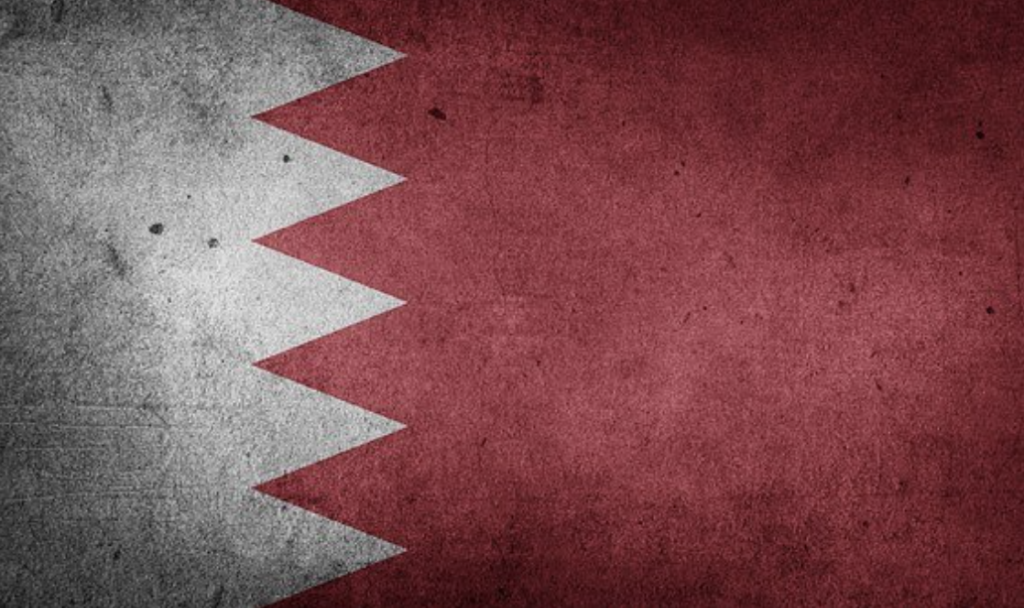Political Reform in Bahrain since the 1990s: Political Parties and the Constitution
a Virtual Workshop co-organised by the the Richardson Institute’s Sectarianism, Proxies and De-sectarianisation (SEPAD) project & Salam for Democracy and Human Rights
|
Ten years ago on 23 November, the government-appointed Bahrain Independent Commission of Inquiry set out reforms in order to address human rights violations and political unrest that enveloped Bahrain in the first half of 2011.However grave, that was the latest eruption of cyclical violence and political turmoil dating back decades. Seemingly otherwise peaceful and prosperous, the factors that cause cyclical turmoil remain: Bahraini society is highly unequal and segregated, especially along ethnic and sectarian lines; fundamental freedoms of expression, association and assembly are restricted while political parties – and their leaders – are banned. Have the authorities ignored calls for reform at their peril or is the current climate of cautious opening the start of a new chapter leading to a durable social and political settlement?
Speakers from diverse outlooks at this co-organised, two part, webinar based on a panel discussion model will explore how Bahrain’s socio-political geography has changed. They will address ideas of social and political reform in Bahrain since the 1990s. They will consider the role of the 2002 Constitution; efforts by both the ruling class and dissenting citizens; the nature of political and social reform advanced by the current King, Crown Prince, and the authorities, as well as concepts of political and social reform advanced by opposition political leaders and other dissenters. They will touch on the challenges and opportunities.
This workshop presents an opportunity for Bahrainis, regardless of their location and affiliation, to share their perspectives: it is only through constructive dialogue and the sharing of ideas that such reforms can be advanced, especially among the Bahraini diaspora.
The event will be opened by Jawad Fairooz, Director, Salam for Democracy and Human Rights while Dr Andrew McIntosh will provide a summary and review at the close. Participants at the roundtable discussion include:
| Session 1: Led by Dr Staci Strobl, Shenandoah University | Session 2: Led by Dr Simon Mabon, SEPAD Director |
| Niccolo Figa-Talamanca – No Peace Without Justice
Sana Al Sarghali – Ass’t Prof., Constitutional Law at An-Najah University, Gaza Ebrahim Sharif – former leader of Wa’ad Saeed Al-Shihabi – Bahrain Freedom Movement Ali Al-Aswad – former al-Wefaq leader Tara O’Grady – Human Rights Activist |
Zainab Alderazi – Lawyer, Bahrain
Fatima Yazbek – Human rights activist with the Gulf Institute for Democracy and Human Rights Luciano Zaccara – Assistant Prof. in Gulf Politics, Qatar University Nicola Giovannini – No Peace Without Justice Ghassan Sarhan – Lawyer, Bahrain Sayed Yusuf Almuhafdha – Human Rights Defender, Salam for Democracy and Human Rights |


 العربية
العربية Français
Français Deutsch
Deutsch